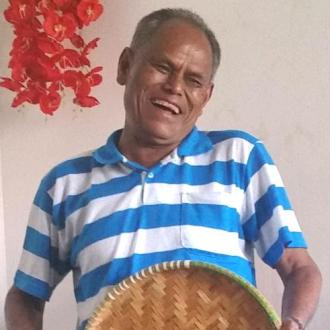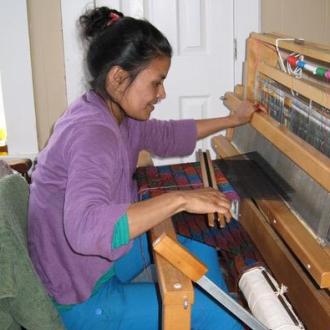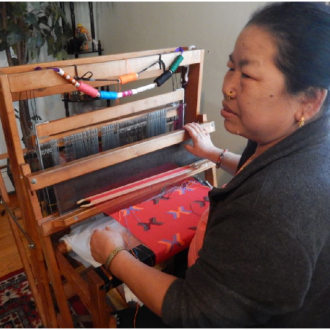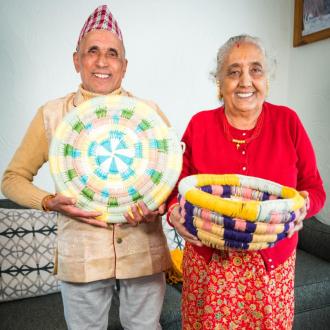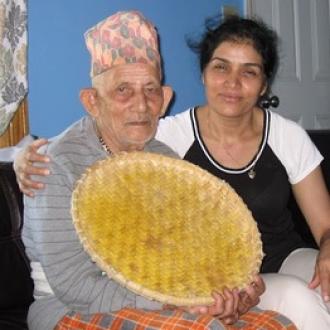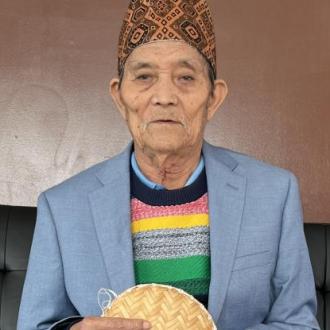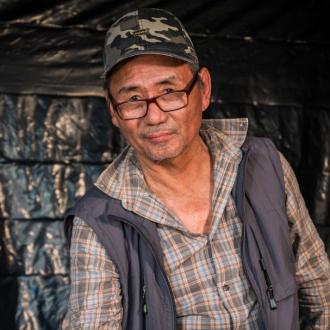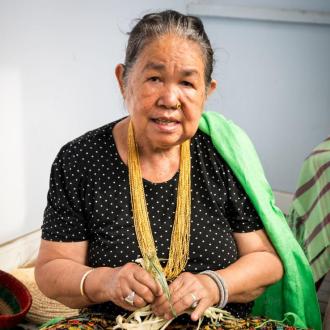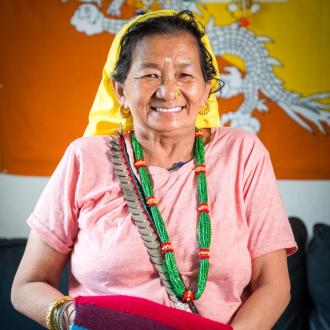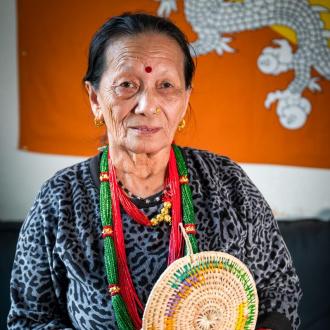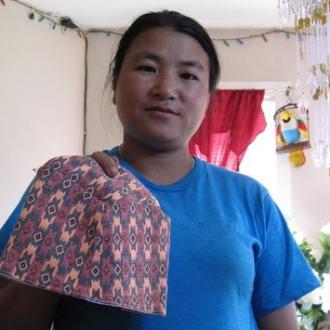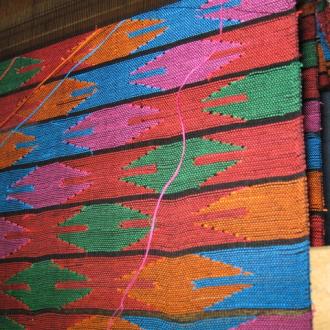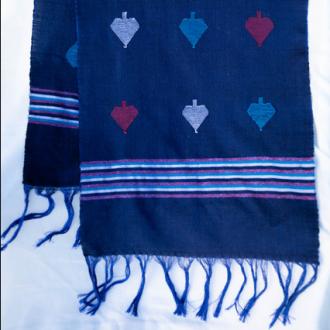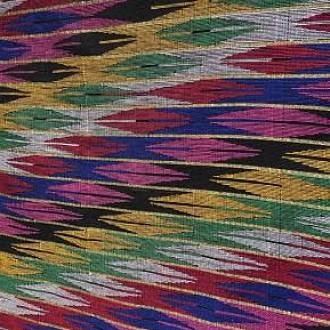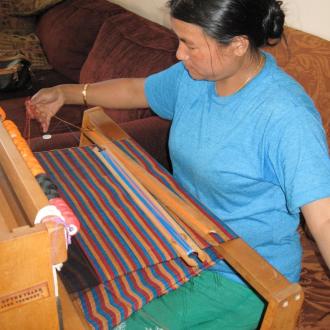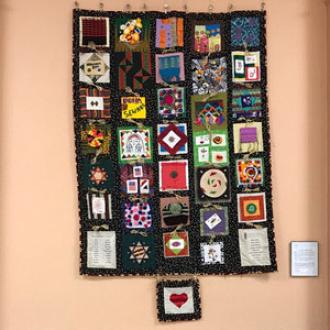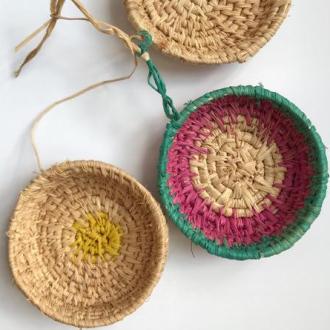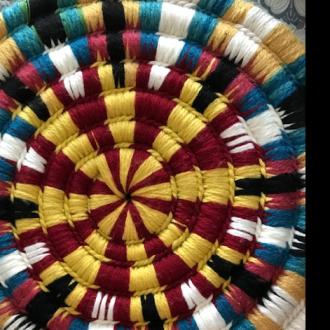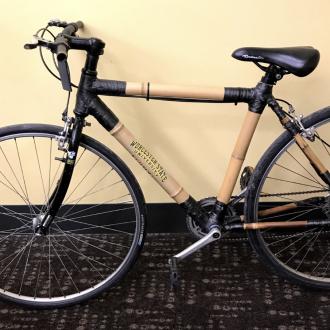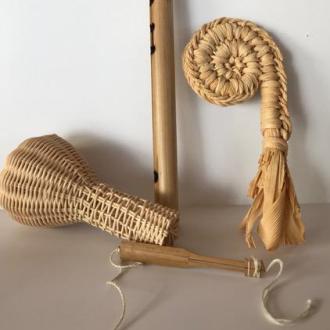Nepali-speaking Bhutanese refugees who now are resettling in third countries such as the U.S., Australia, Japan, India and many more nations were mired in under-resourced and dangerous refugee camps in Nepal for many years, sometimes for two decades. They had been forced to flee their farms in Bhutan in the 1990s when that government took an extreme nationalist political stance and declared the Nepali Bhutanese to be “outsiders” (though their ancestors had migrated to Bhutan from Nepal centuries before). They became “stateless,” making them especially vulnerable to harm. They fled to refugee camps in Nepal; they were not welcome in that nation and experienced violence and harassment. This followed torture when they were still in Bhutan before the expulsion. From 2007-2010 massive numbers of this community were settled in third countries. Many experienced marked high rates of psychological and economic distress, which continue for some until today with challenges in finding adequate housing and, for elders, problems in acquiring third country citizenship. This situation makes the RAW artisans’ craft making work quite remarkable. We draw on our interviews for the artisan biographies that follow. We also rely on entries inf Rodgers and Umunna 2017, Path to Empowerment, pp. 15-27 (Holy Cross, Center for Liberal Arts in the World).
The Buddha Subba Household
Buddha Subba, Nir Subba, Maita Subba, and Dhan Rai - Visiting this South Worcester triple decker is a revelation in discovering just how rich and robust craft-making traditions are in Worcester MA since the Nepali-speaking refugees from Bhutan began arriving about 10 years ago in the city. This one, three-level, three apartment, compound household has expert makers of no fewer than four types of hand-made crafts: stone sculptures, decorative doors, bamboo objects galore and last but surely not least, stunning woven textiles made on floor looms. Even just stepping into the ground floor apartment one sees immediately from the decorative toran embroideries hanging down from the top of the entry door that this is a dwelling where the residents are literally crafting a new home. Toran hangings welcome visitors by brushing against their foreheads as they step into a room, conveying good luck and warm greetings. These ritual ideas and practices tie to religious traditions that have help sustain these travelers along their refugee journeys. The name “Subba” for this household’s many members indicates that they are part of the same large clan.
This whole large family from this triple decker is planning to move soon to Pennsylvania, to link up with a large Bhutanese community there and to join some recent migrants also coming from Worcester.
